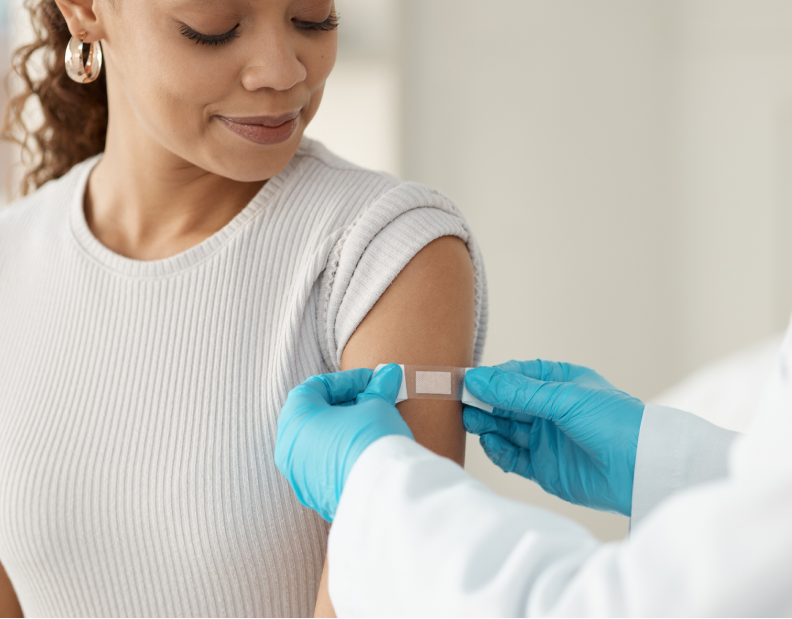Measles: A disease caused by a highly contagious virus that can be spread by coughing, sneezing and breathing. Symptoms include high fever, cough, runny nose, red watery eyes and rash.
Mumps: A contagious disease that causes swelling of the salivary glands and can be spread by coughing, sneezing and even breathing. Symptoms include fever, headache, muscle aches, tiredness, loss of appetite and swollen salivary glands.
Rubella: A contagious disease caused by a virus and can be spread by coughing and sneezing. Symptoms include low-grade fever, sore throat and rash.
Chickenpox: A contagious viral disease caused by the varicella-zoster virus (VZV) and spread through close contact. Symptoms include fever, tiredness, loss of appetite and headache, followed by small, itchy blisters which can spread across the body.
Hepatitis B: A contagious virus that attacks the liver and can be spread through contact with infected blood and other bodily fluids. Symptoms can include fever, fatigue, loss of appetite, nausea, vomiting, abdominal pain, dark urine and yellowing of the skin and eyes.








